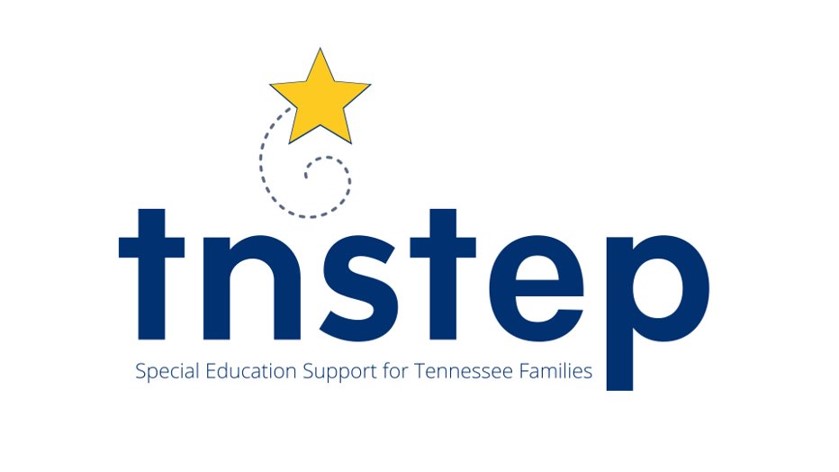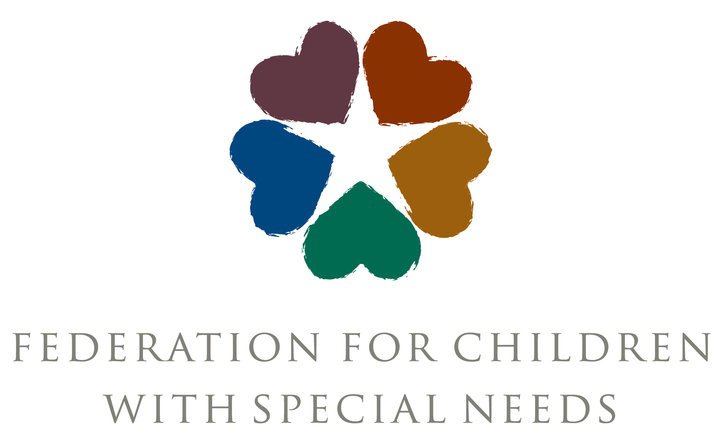For the past several decades, educational research has confirmed the connection between family engagement and student success. In A New Wave of Evidence: The Impact of School, Family, and Community Connections on Student Achievement, Anne Henderson and Karen Mapp found that students with engaged families are more likely to succeed. This is true no matter how you measure success. Students get better grades. They behave better. They have a more positive attitude. They are more likely to graduate. They are more likely to go to college. Schools also do better when they engage families and communities as partners. An influential study of Chicago schools identified strong “parent and community ties” as one of five “essential supports” for successful school reform. Without this critical pillar of support, the most well-executed improvement efforts to turnaround schools are likely to fail.
Of course, all schools interact with families. Every school sends report cards home, holds open houses, and solicits volunteers. So what, exactly, do we mean by “family engagement?” A recent paper from the Harvard Family Research Project, Beyond Random Acts: Family, School, and Community Engagement as an Integral Part of Education Reform offers this description:
“Effective family engagement is a shared responsibility of families, schools, and communities for student learning and achievement; it is continuous from birth to young adulthood; and, it occurs across multiple settings where children learn.”
Sharing responsibility for learning and achievement
First and foremost, sharing responsibility means working together and not pointing fingers. With this in mind, there are many ways schools can get started. A good first step is to make information about curriculum, instruction, assessments, and policies easily accessible. Schools should also be welcoming. They should encourage families to learn about the school and to participate in learning activities. Once schools share information and establish rapport, family and community leaders should be empowered to participate in meaningful decisions about school policy. Their insight can inform decisions ranging from broad educational goals to specific disciplinary policies or budget priorities. Educators must also reach out to families where they live and work in order to build trust, improve communication, and gain a deeper understanding of the challenges different families face. In everything they do, schools and families must stay focused on improving student outcomes.
Continuous family engagement from birth to young adulthood
We now know that a child’s first few years have a powerful effect on his or her future. Even after those crucial years are past, children must overcome a variety of social, emotional, and academic challenges to reach adulthood prepared for a successful life. When the strands of family, school, and community are woven together with caring and frequent communication, they form a safety net to catch struggling children and offer support before it’s too late. Families, teachers, peers, guidance counselors, and countless other people affect a child’s life. To do their jobs well, these people must learn from a child’s past and be invested in a child’s future. Family, school, and community partnerships that support children from birth to young adulthood can help make that possible.
Family engagement across multiple settings
Research has shown that children who engage in learning activities outside the classroom often make gains, and children who don’t, usually fall behind. One of the best ways schools can reduce achievement gaps is to fill every child’s life with rich learning opportunities in school and out. There are many ways schools can facilitate learning outside the classroom. They can work with parents to align out-of-school-time learning with classwork. They can provide families and students with expanded access to libraries and computers. They can offer supports like after-school homework help. They can also be a crucial link between families and community resources like public libraries, museums, and community centers.
By taking advantage of every learning opportunity and working together, families and schools can help all children succeed.
TNSTEP, Inc. offers high quality in-service and professional development to school districts on family engagement, increasing opportunities for students with disabilities, and other topics through our work as the family partner on the State Personnel Development Grant (SPDG).
TNSTEP, Inc. also houses Tennessee’s Parent Training and Information Center and offers workshops, resources, and information to parents and families across Tennessee. Contact us at [email protected] to discuss your training needs or visit www.tnstep.info to learn more about our services.
This article was written for FACET at the Federation for Children with Special Needs serving families in Massachusetts. We appreciate their permission to reprint this information.
For more information on FACET offerings, visit: fcsn.org/facet/engaging-families

